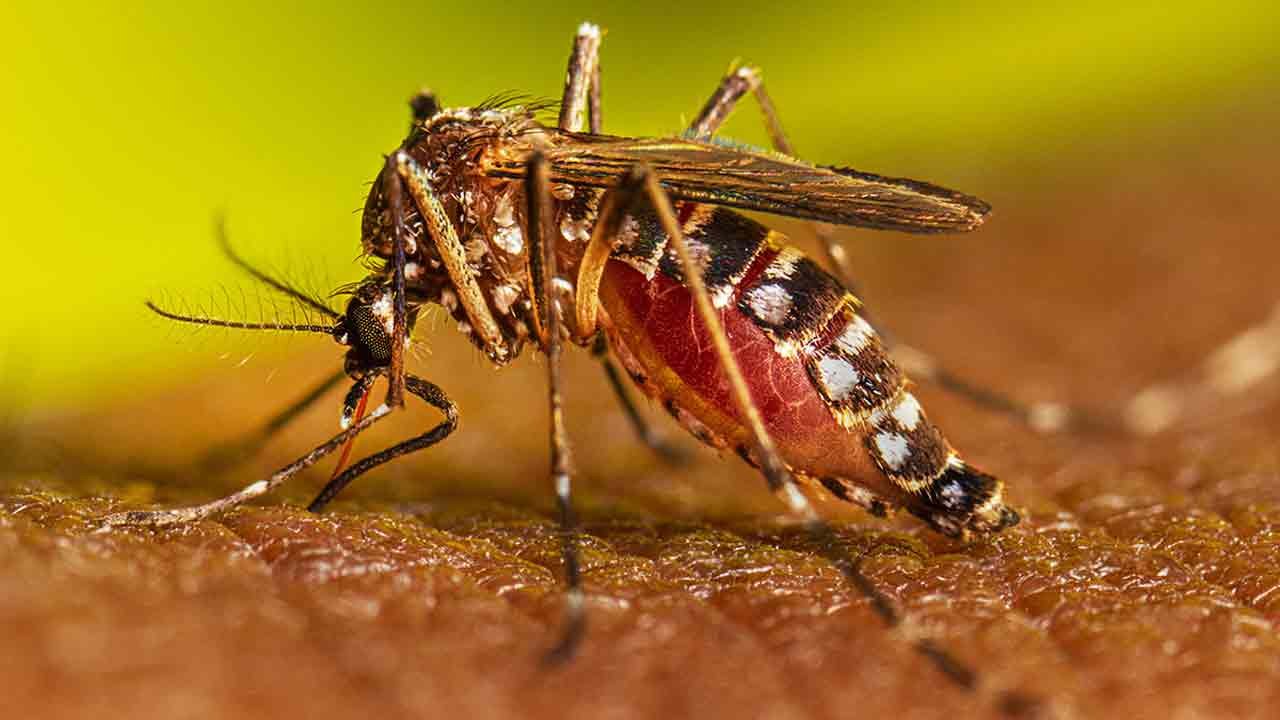A groundbreaking study has uncovered new insights into the potential health risks of consuming red meat, particularly its connection to the development of type 2 diabetes. Researchers analyzed data from nearly two million individuals and found a significant correlation between daily consumption of unprocessed red meat and a heightened risk of type 2 diabetes. This discovery adds to the growing body of evidence that suggests a need for caution when it comes to dietary choices, especially concerning the intake of red meat.
The Study and Its Findings
The research, which focused on the long-term effects of red meat consumption, revealed that eating 100 grams of unprocessed red meat per day — roughly equivalent to a small steak — is associated with a 10 percent higher risk of developing type 2 diabetes. This alarming statistic has prompted health experts to revisit the dietary recommendations surrounding red meat consumption.
Type 2 diabetes is a chronic condition that affects millions of people worldwide. It occurs when the body becomes resistant to insulin or when the pancreas is unable to produce sufficient insulin to regulate blood sugar levels. The condition is often linked to lifestyle factors such as diet, physical activity, and weight. This study adds to a growing understanding of how specific foods, like red meat, can contribute to the risk of developing this disease.
National Health Services (NHS) Recommendations
In response to the growing concerns about the health impacts of red meat, the National Health Services (NHS) in the UK has issued guidelines to help individuals make healthier choices. According to NHS advice, individuals who consume more than 90 grams of red meat daily should aim to reduce their intake to no more than 70 grams. This recommendation applies to both unprocessed red meat (such as beef, lamb, mutton, and venison) and processed meats (like sausages, bacon, and ham).
Processed meats, in particular, are known to pose additional health risks, including an increased likelihood of heart disease and certain cancers. While unprocessed red meat is considered less harmful, the study’s findings indicate that even unprocessed meat should be consumed in moderation.
Processed vs. Unprocessed Red Meat
The distinction between processed and unprocessed red meat is crucial to understanding the health risks associated with each. Processed meats are those that have been preserved through smoking, curing, salting, or adding chemical preservatives. Examples include sausages, hot dogs, and deli meats. These meats have long been associated with negative health outcomes, including a higher risk of heart disease, cancer, and diabetes.
Unprocessed red meat, on the other hand, refers to cuts of meat that have not been altered through preservation techniques. While it has traditionally been viewed as a healthier alternative to processed meat, the study reveals that even unprocessed red meat poses significant risks if consumed in excess. Regular consumption of unprocessed red meat can contribute to inflammation, oxidative stress, and insulin resistance — all of which are linked to the development of type 2 diabetes.
Implications for Public Health
The findings of this study carry important implications for public health, particularly as the prevalence of type 2 diabetes continues to rise globally. The researchers behind the study have emphasized that their work provides the most comprehensive evidence to date of the link between red meat consumption and the risk of developing type 2 diabetes.
As type 2 diabetes can lead to severe complications such as heart disease, kidney failure, and vision problems, it is critical for individuals to understand the role that diet plays in preventing the disease. Limiting red meat consumption, alongside adopting a balanced diet rich in fruits, vegetables, whole grains, and lean proteins, can help reduce the risk of developing type 2 diabetes and other chronic conditions.
Taking Action: Dietary Adjustments
For those who enjoy red meat as part of their diet, the study serves as a reminder to consume it in moderation. Reducing portion sizes, opting for lean cuts, and incorporating more plant-based proteins into meals are all effective strategies for minimizing the health risks associated with red meat.
Individuals who consume red meat daily may want to consider replacing some of their meat intake with healthier protein sources such as fish, poultry, legumes, or tofu. These alternatives offer essential nutrients without the same level of risk as red meat.
Additionally, awareness of processed meat consumption is vital. Reducing the intake of bacon, sausages, and other processed meats can have a positive impact on overall health and lower the risk of both diabetes and cardiovascular diseases.
The link between red meat consumption and type 2 diabetes is becoming increasingly clear, thanks to comprehensive studies like the one conducted on nearly two million people. With a 10 percent higher risk of developing type 2 diabetes associated with consuming 100 grams of unprocessed red meat daily, it is evident that dietary choices play a crucial role in long-term health outcomes.
The study’s findings reinforce the importance of moderation and balanced eating habits. By following the NHS guidelines and limiting red meat intake to 70 grams or less per day, individuals can reduce their risk of developing type 2 diabetes while still enjoying a diverse and nutritious diet.
As the research on red meat and its health impacts continues to evolve, it is essential for both individuals and healthcare professionals to stay informed and make decisions that promote long-term well-being.



